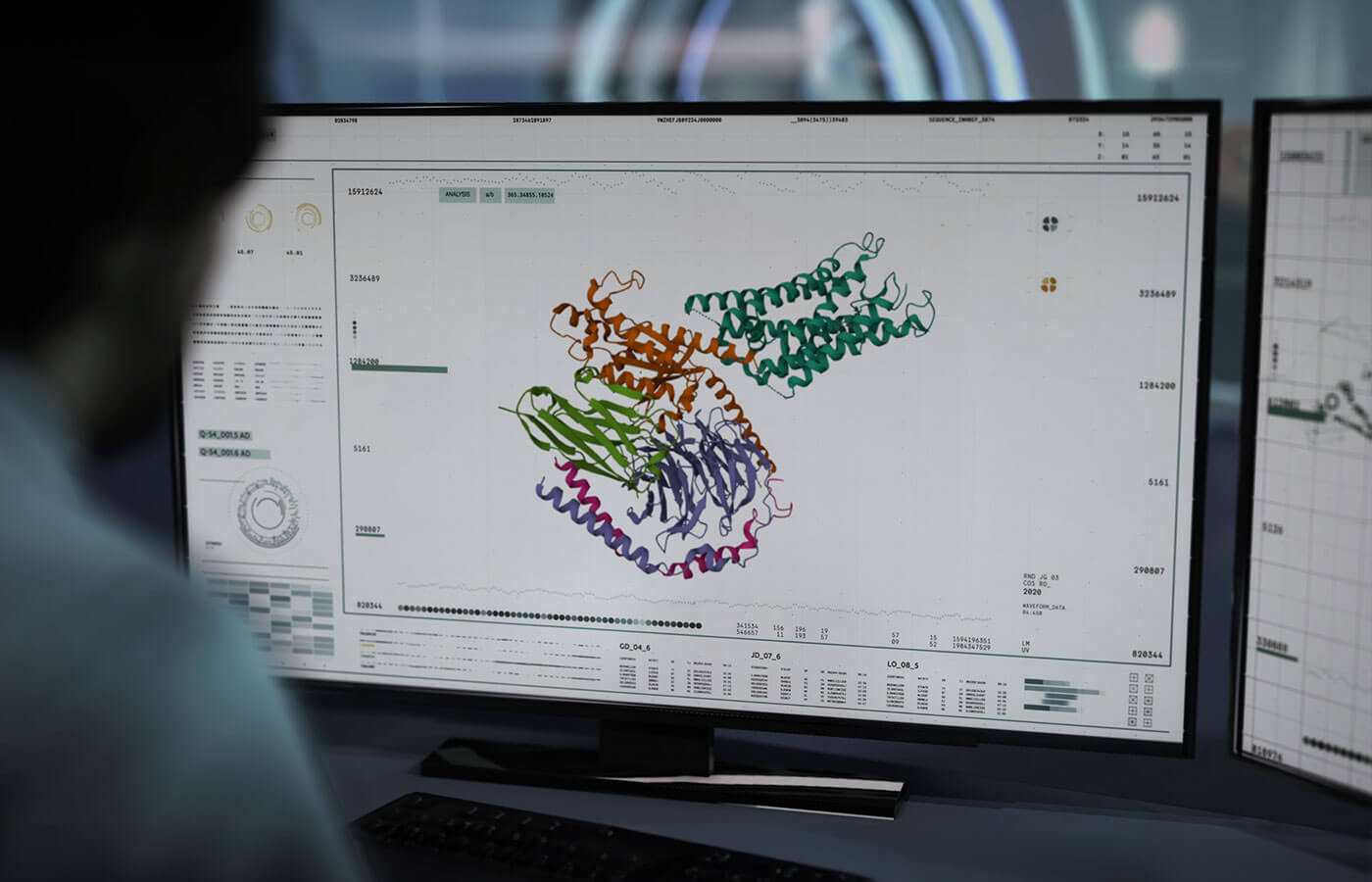Owkin Expands Oncology Pipeline with AI and EP2/EP4 Dual Inhibitor from Idorsia
Owkin, a pioneering TechBio company leveraging advanced causal* AI for precision drug discovery, has announced a significant expansion of its drug pipeline in oncology and immunology. This development follows a strategic global licensing agreement with Idorsia to develop and commercialize OKN4395, a promising dual inhibitor of prostanoid receptors EP2 and EP4.
Owkin's pipeline is built on internal AI engines, powered by multimodal patient data sourced from a network of 61 research centers. With a team of 110 data scientists, Owkin has integrated AI techniques into its drug discovery processes, leading to numerous publications. A key aspect of Owkin’s approach is the use of spatial multiomics data via MOSAIC, the world's largest spatial multiomics dataset in oncology. This enables Owkin to capture detailed insights into the tumor microenvironment, facilitating more precise therapeutic interventions.

One of OKN4395's targets, the prostaglandin E2 receptor
OKN4395, developed over ten years by experts at Idorsia and external collaborators, represents a significant advancement in targeting the EP2 and EP4 receptors. This asset is set to be a best-in-class dual inhibitor, due to years of medicinal chemistry efforts. Owkin’s CEO and co-founder, Dr. Thomas Clozel, emphasizes the company's commitment to leveraging AI-powered precision medicine to tailor treatments to specific patient subgroups.
Owkin's biomarker engine utilizes multimodal patient data to create detailed signatures of EP2/EP4 biology, integrating histology and molecular profiles to identify actionable biomarkers for clinical development. Their AI drug positioning engine screened over 30 cancer indications for OKN4395, ranking them based on relevance to the EP2/EP4 pathway. This approach, validated by medical experts, identified the most promising therapeutic combinations for clinical trials.
Chief Medical Officer, Dr. Vassili Soumelis, highlighted that Owkin's AI engines integrated multimodal patient data, revealing the significant impact of EP2/EP4:
“Our AI engines integrated rich multimodal patient data from multiple cancer indications, allowing us to discover that EP2/EP4 biology significantly perturbs T cell connectivity within the tumor microenvironment (TME) through direct and indirect mechanisms.”
To mitigate risks in OKN4395’s clinical trials, Owkin plans to use AI to construct an external control arm in phase 1B trials, optimizing inclusion/exclusion criteria and prognostic covariates. This data-driven strategy aims to enhance treatment efficacy and signal strength. Owkin aims to leverage its data access and advanced technologies to address challenges in precision medicine. By integrating AI with traditional drug discovery processes, Owkin intends to further expand its pipeline through the addition of in-licensed assets in oncology, immunology, and inflammation.
*a technique in artificial intelligence that builds a causal model and can thereby make inferences using causality rather than just correlation
Topics: AI & Digital